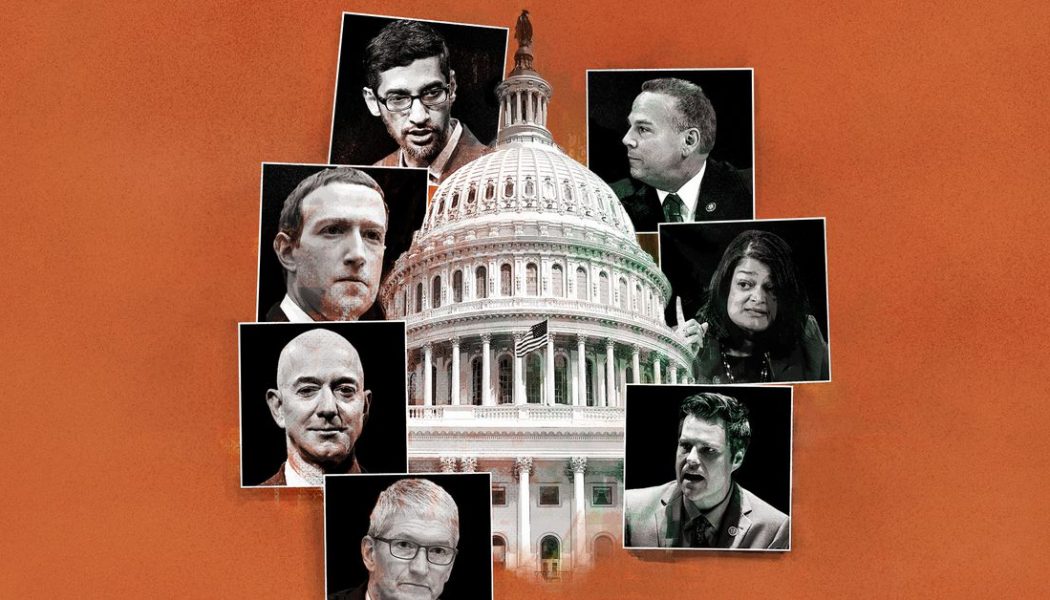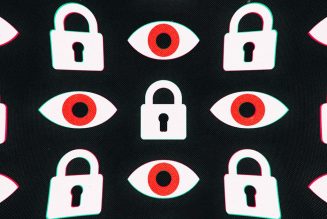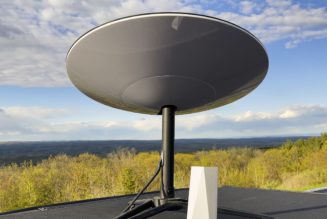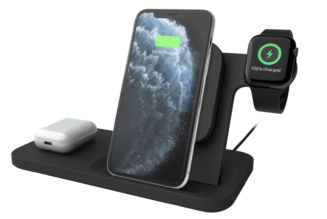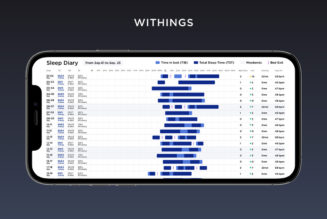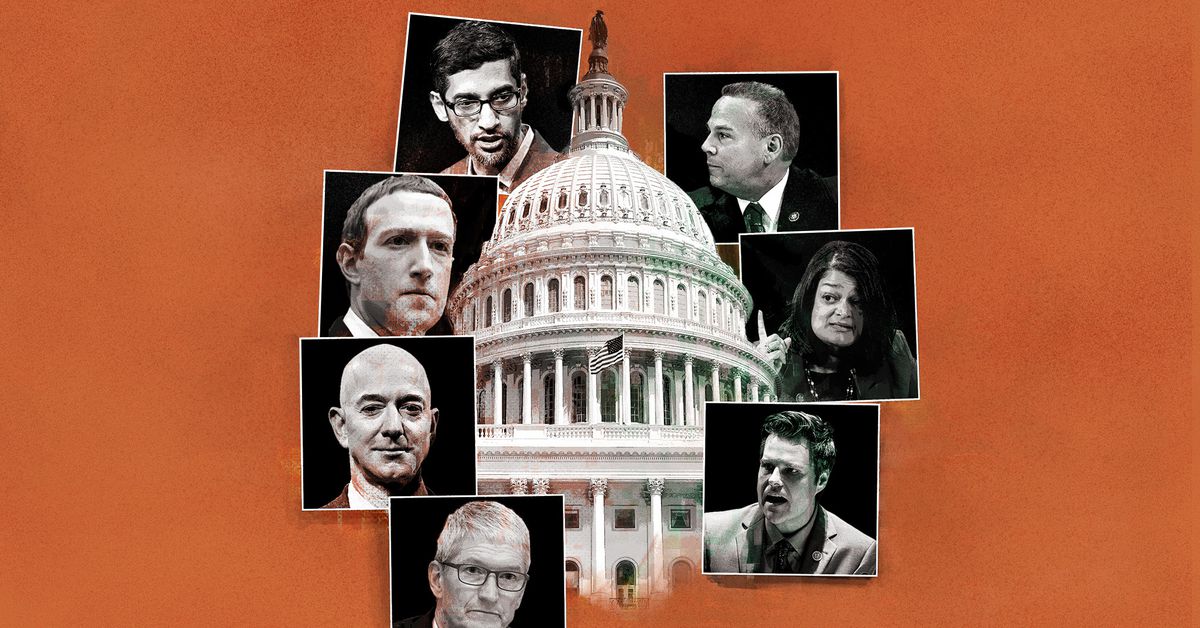
The CEOs of Apple, Google, Facebook, and Amazon are testifying in Congress today — trying to convince the House Judiciary Committee that their business practices don’t amount to anti-competitive monopolies. It’s one of the biggest tech oversight moments in recent years, part of a long-running antitrust investigation that has mustered hundreds of hours of interviews and over a million documents from the companies in question.
Amazon’s Jeff Bezos, Facebook’s Mark Zuckerberg, Apple’s Tim Cook, and Google / Alphabet’s Sundar Pichai have all laid out their defense strategies in published testimony. They make the case that their companies are providing beneficial products in a landscape filled with competition and that their massive scale simply makes their services better.
As the hearing progresses, we’ll be updating with the latest news from the event.
[embedded content]
House Judiciary Antitrust, Commercial and Administrative Law Subcommittee Chair David Cicilline (D-RI) opened the hearing by warning about the influence wielded by America’s biggest tech companies. “Because these companies are so central to our modern life, their business practices and decisions have an outsized effect on our economy and our democracy. Any single action by any one of these companies can affect hundreds of millions of us in profound and lasting ways,” said Cicilline.
Cicilline laid out common patterns across the four companies. Each is a bottleneck for a “key channel of distribution,” like an ad market or app store. Each uses data and surveillance of other companies to protect its power by “buying, copying, or by cutting off” potential competition. And the platforms all “abuse their control over current technologies to extend their power” by preferencing their own products or creating predatory pricing schemes. “Their ability to dictate terms, call the shots, upend entire sectors, and inspire fear represent the powers of a private government,” he concluded. “Our founders would not bow before a king. Nor should we bow before the emperors of the online economy.”
Ranking member James Sensenbrenner (R-WI) followed with a more conciliatory statement. “Being big is not inherently bad, quite the opposite. In America you should be rewarded for success,” he said. “We’re here to better understand your role your companies have in the digital marketplace and importantly the effect they have on consumers and the public at large.”
The hearing was peppered with signs of the coronavirus pandemic. After a one-hour delay to allow time for cleaning, the remote witnesses were asked to swear that they weren’t getting fed answers by staff, and Judiciary Committee Ranking Member Jim Jordan (R-OH) was chided for leaving his mask off while not speaking.
